The Koenigsegg CCX is a mid-engined roadster from Swedish car manufacturer Koenigsegg. The CCX has been engineered to comply with the U.S. regulation and market demands and is an evolutionary design that replaced the Koenigsegg CCR. CCX is an abbreviation for Competition Coupe X; the X commemorating the 10th anniversary, (being the Roman numeral for ten), of the completion and test drive of the first CC vehicle in 1996. The CCX was first unveiled on February 28, 2006 at the 2006 Geneva Motor Show although its existence was announced earlier. A derivative known as the CCXR is available, the main difference being that CCXR's engine is tuned to run on biofuel. The different fuel and tune allows the CCXR to produce 25% more power than the CCX.
Performance
The CCX can accelerate from 0–62 mph (100 km/h) in 3.2 seconds and from 0–124 mph (200 km/h) in 9.8 seconds. According to Koenigsegg it has a top speed of 259 mph (417 km/h), although this has not been officially verified. On 15 June 2008, a standard fully equipped CCX was independently timed by sport auto in achieving a record 0-186-0 mph (0-300-0 km/h) in 29.2 seconds, beating out the Mercedes-Benz McLaren SLR 722 Edition, the Lamborghini Murciélago LP640, the Porsche 997 GT2, the Alpina B6 S (based on the BMW 6 Series), and the Corvette Z06.
Engine
While previous Koenigsegg models were powered by an engined based on the Ford Modular V8 engine sourced from the U.S., and modified by Koenigsegg, the engine of the CCX was designed by Koenigsegg themselves and is built ground up in the Koenigsegg factory. The Engine block is cast for them by Grainger & Worrall, a British company that produces drivetrain components for Formula One cars. The engine is a 4.7 liter 288 cu in (4,719 cc) V8, with dual overhead camshafts and 4 valves per cylinder. The engine block is made of 356 Aluminium that has undergone a T7 heat treatment, a form of accelerated precipitation strengthening. The aluminium alloy is stronger than the previous engine and allows a thinner, thus lighter, engine block that will withstand higher cylinder pressures. The engine is boosted by two centrifugal superchargers that provide 17.5 psi (121 kPa)of boost with an 8.2:1 compression ratio. The engine produces 806 bhp (601 kW; 817 PS) at 6900rpm and 678 lb·ft (919 N·m) of torque at 5700 rpm on 91 octane (U.S. rating) gasoline. The engine is lubricated with a dry sump system with a separate oil pump, the pistons are cooled by oil sprayed onto them and the oil itself has an external cooler. The CCX engine burns 17 L/100 km (17 mpg-imp; 14 mpg-US).

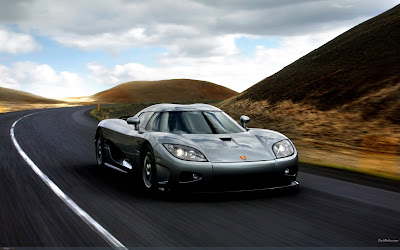
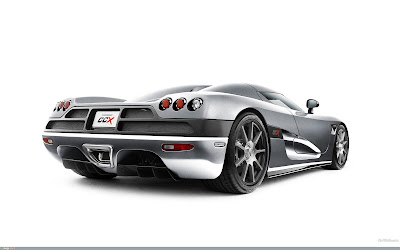
Presented by Mega-Wall Blogger

Performance
The CCX can accelerate from 0–62 mph (100 km/h) in 3.2 seconds and from 0–124 mph (200 km/h) in 9.8 seconds. According to Koenigsegg it has a top speed of 259 mph (417 km/h), although this has not been officially verified. On 15 June 2008, a standard fully equipped CCX was independently timed by sport auto in achieving a record 0-186-0 mph (0-300-0 km/h) in 29.2 seconds, beating out the Mercedes-Benz McLaren SLR 722 Edition, the Lamborghini Murciélago LP640, the Porsche 997 GT2, the Alpina B6 S (based on the BMW 6 Series), and the Corvette Z06.
Engine
While previous Koenigsegg models were powered by an engined based on the Ford Modular V8 engine sourced from the U.S., and modified by Koenigsegg, the engine of the CCX was designed by Koenigsegg themselves and is built ground up in the Koenigsegg factory. The Engine block is cast for them by Grainger & Worrall, a British company that produces drivetrain components for Formula One cars. The engine is a 4.7 liter 288 cu in (4,719 cc) V8, with dual overhead camshafts and 4 valves per cylinder. The engine block is made of 356 Aluminium that has undergone a T7 heat treatment, a form of accelerated precipitation strengthening. The aluminium alloy is stronger than the previous engine and allows a thinner, thus lighter, engine block that will withstand higher cylinder pressures. The engine is boosted by two centrifugal superchargers that provide 17.5 psi (121 kPa)of boost with an 8.2:1 compression ratio. The engine produces 806 bhp (601 kW; 817 PS) at 6900rpm and 678 lb·ft (919 N·m) of torque at 5700 rpm on 91 octane (U.S. rating) gasoline. The engine is lubricated with a dry sump system with a separate oil pump, the pistons are cooled by oil sprayed onto them and the oil itself has an external cooler. The CCX engine burns 17 L/100 km (17 mpg-imp; 14 mpg-US).



Presented by Mega-Wall Blogger

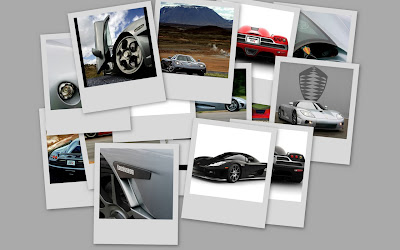



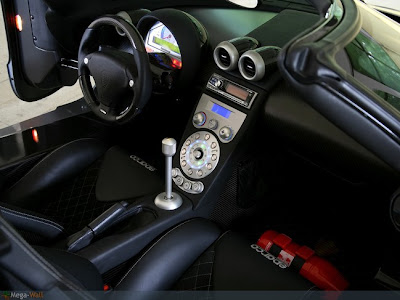
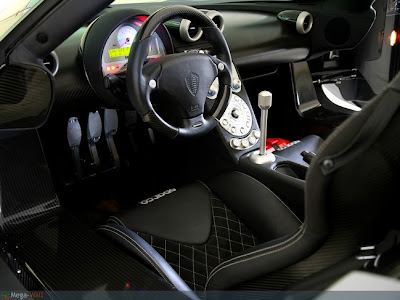

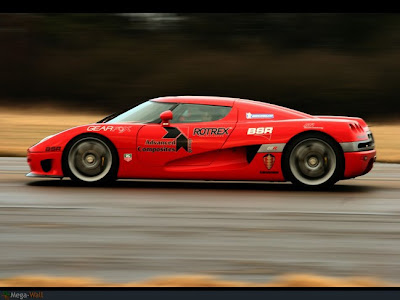
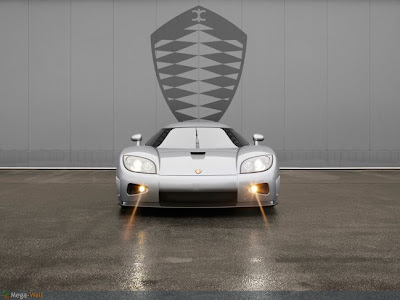

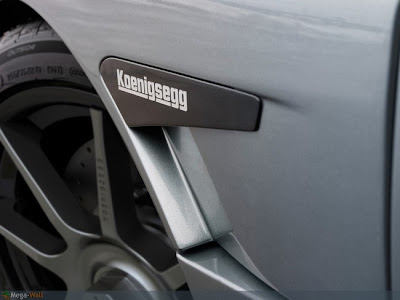
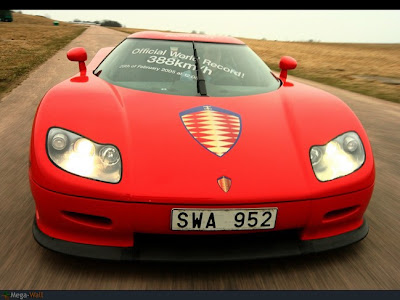
Presented by Mega-Wall Blogger


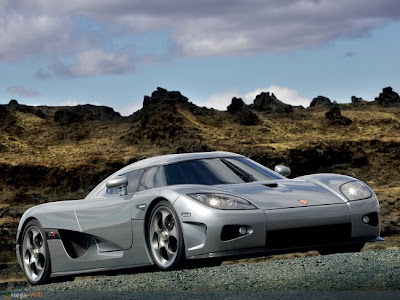
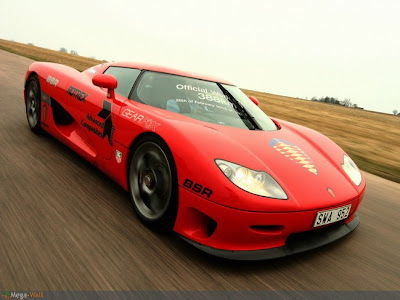

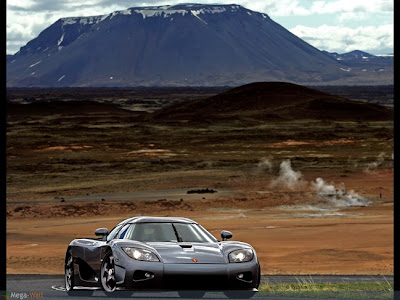
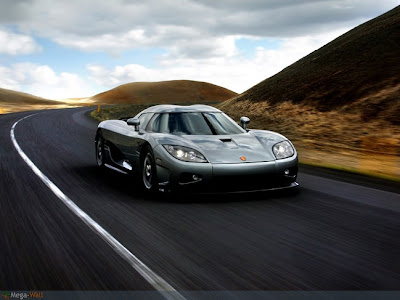


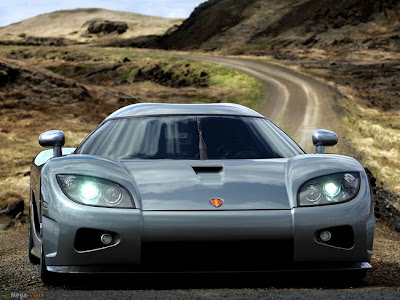
Presented by Mega-Wall Blogger


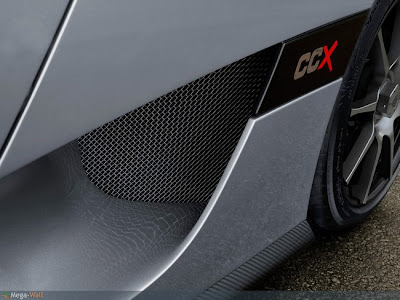
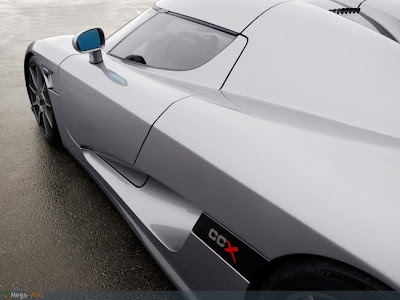
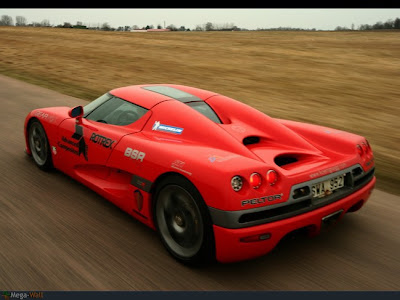

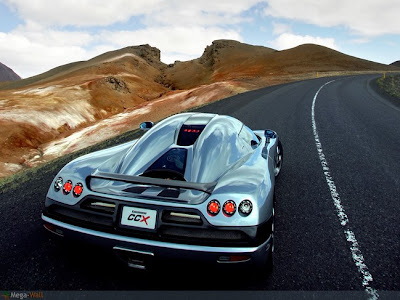
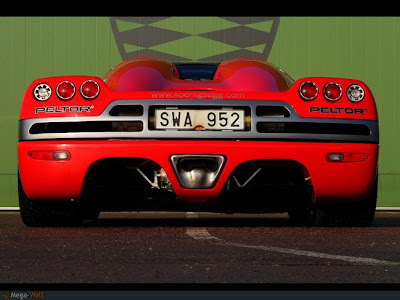



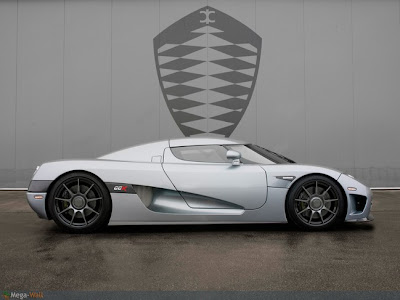
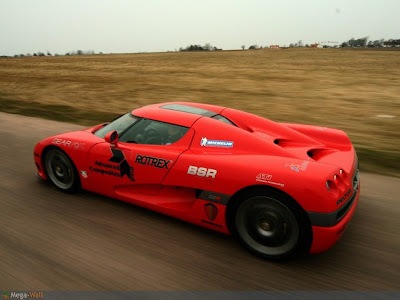
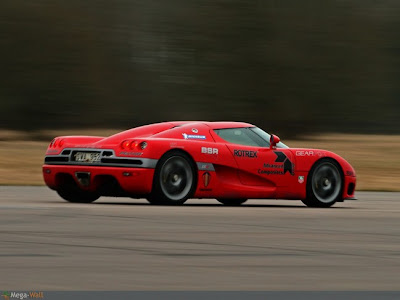

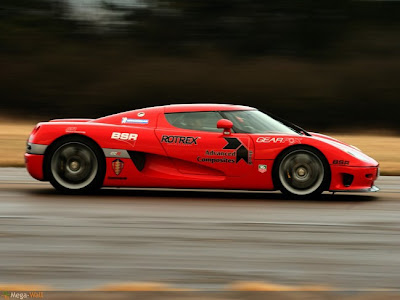



0 Comments ::
Post a Comment